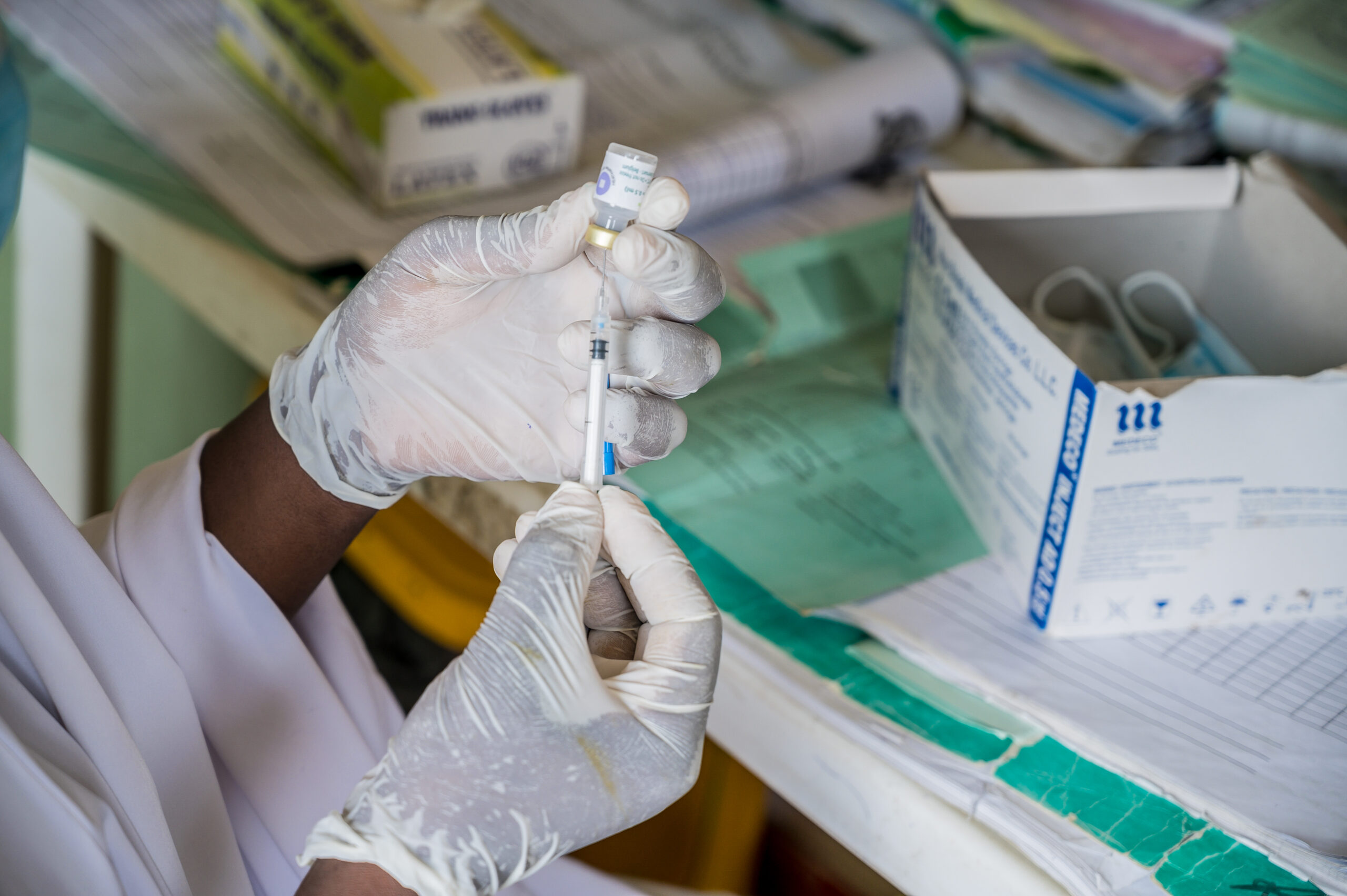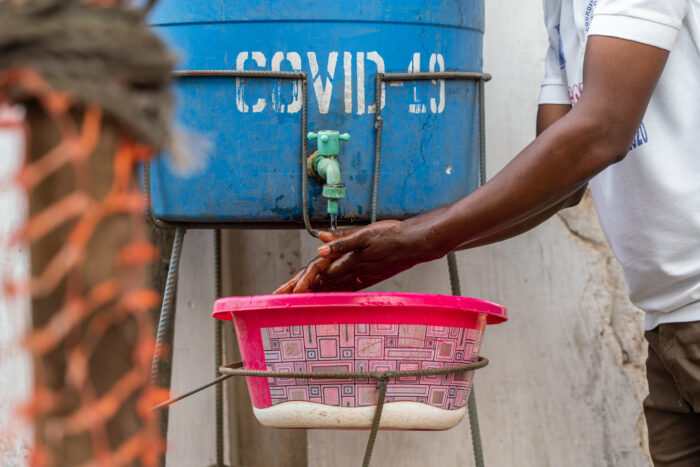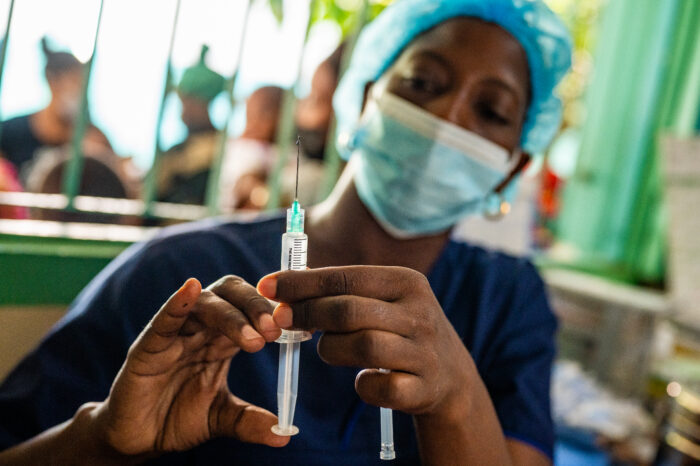Vaccines are one of the most effective public health interventions, and an accelerating pace of innovation in vaccine development promises to deliver a broadening range of novel or improved vaccines in coming years. Despite this, there are many challenges facing control efforts for vaccine-preventable diseases (VPD). Coverage of basic childhood vaccines through routine healthcare systems remains incomplete, in ways that reinforce other health inequities, and supplemental strategies designed to boost coverage face operational complexities and high cost. Delivery programs must develop multi-year platforms for reaching target populations, but incomplete and inaccessible disease surveillance data limit programs’ capacity for data-informed decision-making and timely responsiveness to outbreaks. Our research aims to support vaccination programs in overcoming these myriad challenges and dramatically reduce or eliminate the health burden of these preventable illnesses.


Our mission
The IDM VPD research team supports sustainable and equitable improvements to immunization delivery in both routine systems and outreach activities, particularly for those targeting the most disadvantaged populations. We aim to advance the science and practice of infectious disease eradication, providing deep support to the foundation’s efforts to free the world of polioviruses and reducing burden of other vaccine-preventable pathogens by exploring model-informed strategies for eradication programs.
Our approach
To provide comprehensive support to VPD control & elimination efforts, IDM has developed a variety of sophisticated modeling tools to represent a wide breadth of factors affecting programmatic impact: VPD transmission epidemiology, vaccine characteristics (including cost), intrahost immune responses, surveillance systems, and delivery & uptake of immunizations via routine systems or supplementary activities. We work directly with foundation teams, other NGO partners, ministries of health, and research teams around the world to translate quantitative modeling results into impactful changes in real-world VPD control strategies.

Publications
To learn more about IDM’s work on this topic, browse our publications!
Code and tools
Software developed by IDM is freely available; you are encouraged to try out the tools developed for use on this topic!
View all code and tools